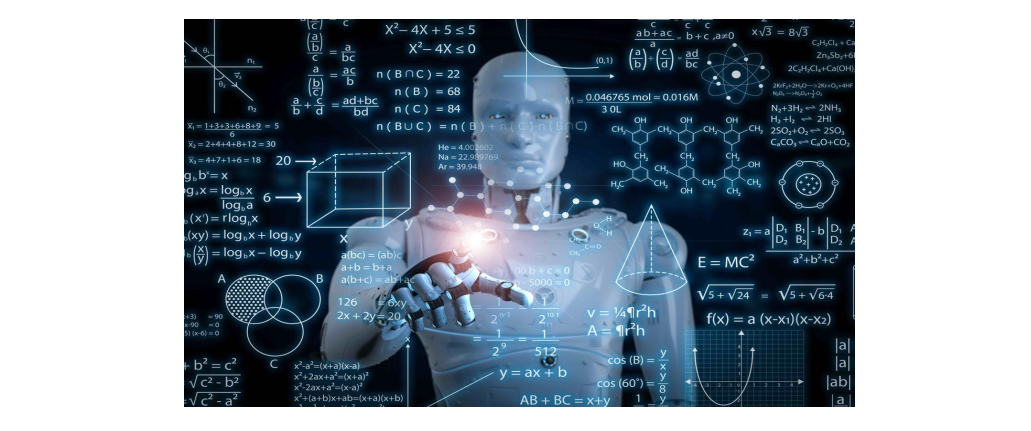Multi-agent Systems

Decentralized control of multi-agent systems has attracted considerable attention, especially with the availability of low cost and powerful computing hardware. Control of these systems is fundamentally different from the single agent case. As the number of agents in a system increases, the computational power required in a centralized controller grows exponentially. A feasible approach to control large-scale systems is to leverage the computational power of individual agents, whose collective decisions and behaviors determine the large-scale structure of the whole.
One important property for individual agents is survivability. For a large-scale system of agents, this translates to generating energy-optimal actions that maximize the amount of time each agent may spend accomplishing tasks. The challenge then becomes to define the objectives and constraints of the decentralized optimal control problem in a way that the desired macro-level behavior emerges from the group through the actions of individuals.
Due to the structure of information in a decentralized problem it might be challenging to compute an optimal decentralized control policy. These problems are also, in general, nonlinear and may only yield locally optimal solutions. Finally, any real system will be subject to disturbances, and errors, while safety guarantees may be more desirable than a tight optimality gap. Thus, the focus of this research area is in designing robust decentralized controllers that control individual agents in a safe and optimal way while maintaining guarantees on the behavior group at a large scale.
Relevant Publications:
- Beaver, L. E., Kroninger, C., Dorothy, M., and Malikopoulos, A.A., “A Constraint-Driven Approach to Line Flocking: The V Formation as an Energy-Saving Strategy,” IEEE Trans. Control Netw. Syst, Vol. 12, 1, pp. 438–449, 2025 (pdf).
- Le, V., Tadiparthi, V., Chalaki, B., Mahjoub, H. N. , D’sa, J. , Moradi-Pari, E., and Malikopoulos, A.A., “Multi-Robot Cooperative Navigation in Crowds: A Game-Theoretic Learning-Based Model Predictive Control Approach,” Proceedings of 2024 IEEE International Conference on Robotics and Automation (ICRA), pp. 4834-4840, 2024 (pdf).
- Beaver, L. E., and Malikopoulos, A.A., “Optimal Control of Differentially Flat Systems is Surprisingly Easy,” Automatica, 159, 111404, 2024 (pdf).
- Cherukumilli, S., Kirmizitas, F. C., Sokolich, M., Valencia, A., Karakan, M., White, A. E., Malikopoulos, A.A., Das, S., “Programmable Modular Acoustic Microrobots,” Proceedings of the International Conference on Manipulation, Automation and Robotics at Small Scales, 2023 (pdf) .
- Yang, Y., Kirmizitas, F. C., Sokolich, M., Valencia, A., Rivas, D., Karakan, M., White, A. E., Malikopoulos, A.A., Das, S., “Rolling Helical Microrobots for Cell Patterning,” Proceedings of the International Conference on Manipulation, Automation and Robotics at Small Scales, 2023 (pdf).
- Beaver, L.E., and Malikopoulos, A.A., “Constraint-Driven Optimal Control for Emergent Swarming and Predator Avoidance,” Proceedings of 2023 American Control Conference, pp. 399-404, 2023 (pdf).
- Beaver, L.E., Wu, B., Das, S., and Malikopoulos, A.A., “A First-Order Approach to Model Simultaneous Control of Multiple Microrobots,” Proceedings of the International Conference on Manipulation, Automation and Robotics at Small Scales, 2022 (pdf).
- Beaver, L. E., and Malikopoulos, A.A., “Constraint-Driven Optimal Control of Multi-Agent Systems: A Highway Platooning Case Study,” Proceedings of 2022 American Control Conference, pp. 4701-4706, 2022 — see IEEE Control Systems Letters, 6, pp. 1754-1759, 2022 (pdf, relevant videos).
- Beaver, L. E., and Malikopoulos, A.A., “An Overview on Optimal Flocking,” Annual Reviews in Control, 51, 88-99, 2021 (pdf).
- Bang, H., Beaver, L. E., and Malikopoulos, A.A., “Energy-Optimal Goal Assignment of Multi-Agent System with Goal Trajectories in Polynomials,” Proceedings of the 29th Mediterranean Conference on Control and Automation, pp. 1228–1233, 2021 (pdf).
- Beaver, L. E., Dorothy, M., Kroninger, C., and Malikopoulos, A.A., “Energy-Optimal Motion Planning for Agents: Barycentric Motion and Collision Avoidance Constraints,” Proceedings of 2021 American Control Conference, pp. 1037–1042, 2021 (pdf).
- Beaver, L. E., and Malikopoulos, A.A., “Beyond Reynolds: A Constraint-Driven Approach to Cluster Flocking,” Proceedings of the 59th IEEE Conference on Decision and Control, pp. 208–213, 2020 (pdf).
- Beaver, L. E., and Malikopoulos, A.A., “An Energy-Optimal Framework for Assignment and Trajectory Generation in Teams of Autonomous Agents,” Systems & Control Letters, Volume 138, 2020 (pdf, relevant videos).
- Beaver, L. E., Kroninger and, C., Malikopoulos, A.A., “An Optimal Control Approach to Flocking,” Proceedings of 2020 American Control Conference, pp. 683–688, 2020 (pdf).
- Beaver, L. E., and Malikopoulos, A.A., “A Decentralized Control Framework for Energy-Optimal Goal Assignment and Trajectory Generation,” Proceedings of the 58th IEEE Conference on Decision and Control, 2019, pp. 879-884, 2019 (pdf).
- Malikopoulos, A.A., “A Duality Framework for Stochastic Optimal Control of Complex Systems,” IEEE Trans. on Automatic Control, Vol. 61, 10, pp. 2756-2765, 2016 (pdf).
- Malikopoulos, A.A., “Centralized Stochastic Optimal Control of Complex Systems,” Proceedings of the 2015 European Control Conference, pp. 721-726, 2015 (pdf).
- Malikopoulos, A.A., Maroulas, V., and Xiong, J., “A Multiobjective Optimization Analysis for Stochastic Control of Complex Systems,” Proceedings of the 2015 American Control Conference, pp. 4263-4268, 2015 (pdf).
